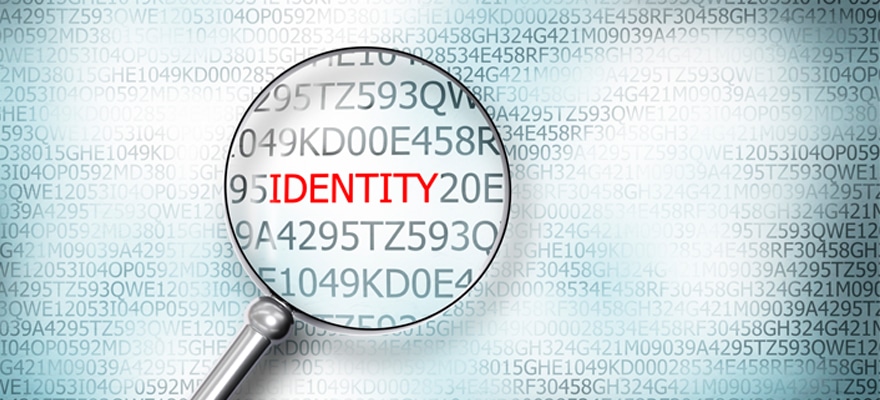Join Our Telegram channel to stay up to date on breaking news coverage
With the crypto industry maturing almost by the day, asset custodians are still finding it challenging to navigate the significant identity verification requirements that they now have to meet. Top bitcoin exchange Bitstamp is now feeling the heat as several users complain about its new identity verification policies.
Adapting to The New Norm
Yesterday, a Twitter user shared a screenshot of Bitstamp’s email to him, requiring that he provide several Know-Your-Customer (KYC) documents before accessing his account.
Today @Bitstamp has gone even further than the law requires. They now want me to:
– show them how much I earn
– show them where I got my #bitcoin from
– proof of fundsSeriously!! WTF!! And I can’t withdraw and leave so must comply.. pic.twitter.com/ze4ixNJJyd
— Plan Marcus ⚡️🧡🍀 やレムれ ハハムトこリラ (@plan_marcus) January 25, 2021
Based in the Netherlands, the user bemoaned the exchange’s new identity verification requirements, explaining that the Luxembourg-based exchange was asking for details like the source of his funds, his earnings, and proof of his funds.
While he failed to disclose how much he had in the exchange, the user explained that he was stuck with having to comply since he couldn’t leave or withdraw his money.
Bitstamp’s new KYC guidelines for Dutch traders are in line with a directive from the government. Earlier this month, the same Twitter user shared a screenshot of an email saying that Bitstamp’s Dutch traders would now need to submit photographic evidence that they own their wallets, as well as third-party addresses, to avoid blacklisting. The documents would be required before anyone would be permitted to make withdrawals.
“Whitelisting is a security feature which was already available at Bitstamp, but now it has become obligatory for all customers affected by the new regulation in the Netherlands,” the letter said.
The new withdrawal rules are in line with anti-money laundering (AML) regulations that the Dutch government adopted in November 2019 and passed into law last year.
The rules stipulate that crypto service providers would need to verify that their users – as well as beneficiary owners – aren’t on any sanctions list in the country or from the European Union. Asset providers are also tasked with monitoring payments and transfers.
No Winning for Exchanges
Bitstamp isn’t the only exchange facing pressure from the government and users. Last November, Dutch-based exchange Bitconic told users that it needed to comply with the same regulations for users to make withdrawals. At the time, the exchange admitted that the rules were a “nuisance” that it just had to deal with.
Despite knowing that the situation was out of the exchange’s hands, users still criticized Bitconic.
Most of the stringent rules are part of the Fifth Anti-Money Laundering Directive (AMLD5) from the European Union, which has been heavily criticized. Still, some have also pointed out that the Dutch government appears to be taking enforcement even more seriously than the European Union.
While exchanges like Bitconic and Bitstamp are complying with the new laws, others are uprooting and leaving the country. Last January, Derbit moved to Panama in protest, while the SimpleCoin mining pool shut its operations. Both firms highlighted the stringent identity verification requirements as reasons for their actions.
Join Our Telegram channel to stay up to date on breaking news coverage


